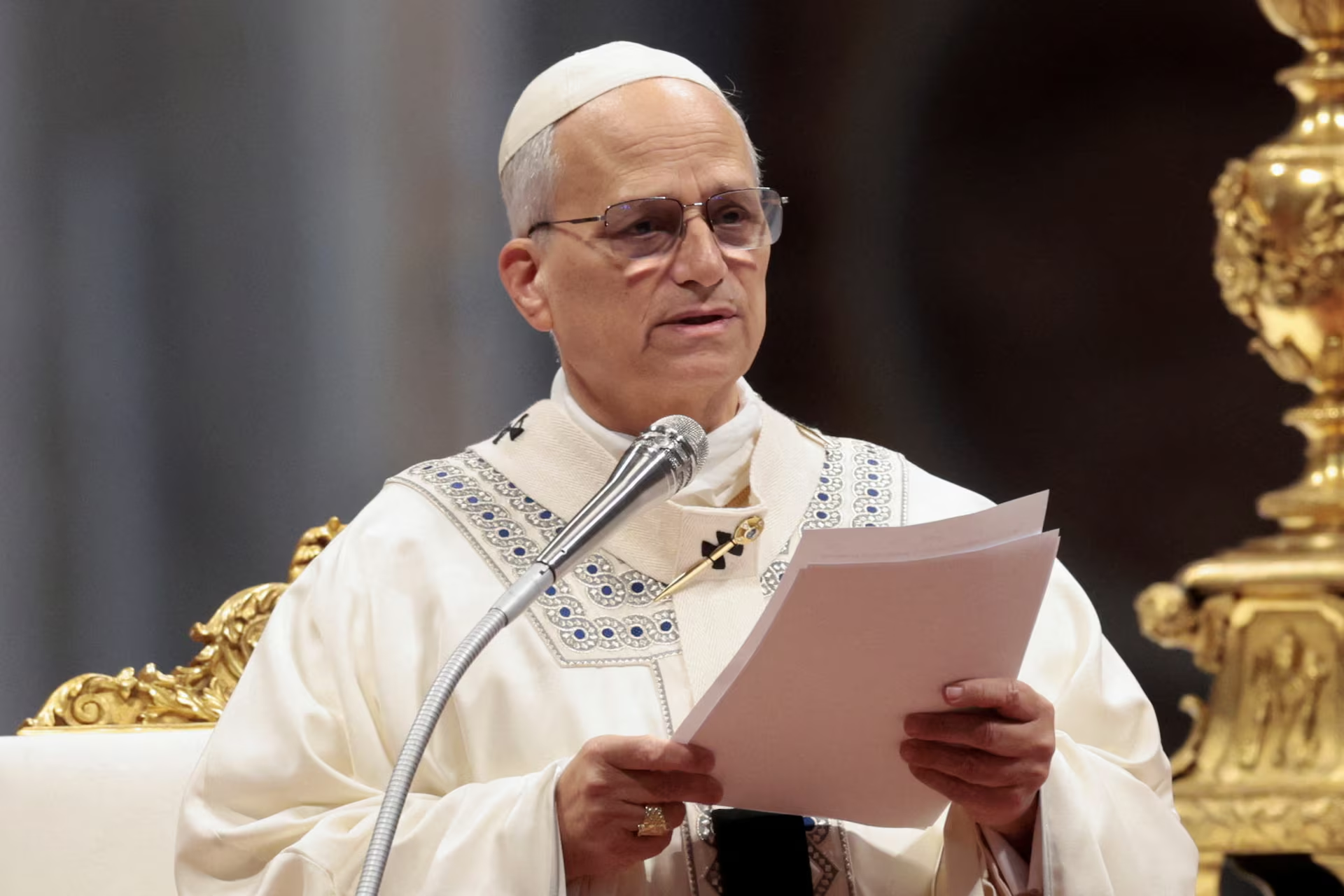US greenlights first Trump-Era defense deal with Ukraine amid strategic minerals pact

Department of Research, Studies and International News 05-05-2025
The Trump administration has taken its first significant step toward re-engaging with Ukraine on military matters by authorizing a major defense equipment sale. This move follows a newly signed minerals agreement between the two nations, potentially opening the door to more substantial arms transfers in the future.
According to a communication submitted to the U.S. Senate Foreign Relations Committee, the Department of State has approved a license permitting the export of at least $50 million worth of defense-related goods and services to Ukraine. This marks the first such authorization since President Donald Trump suspended all military aid to Ukraine early in his term.
Ukrainian President Volodymyr Zelenskyy attributed the breakthrough to a recent encounter with Trump on the sidelines of the Pope’s funeral. In a public address Thursday night, Zelenskyy described the development as a landmark achievement, stating, “This is the first concrete outcome of our Vatican meeting, which gives it historical significance. We anticipate further outcomes to follow.”
The new minerals agreement was hailed by Zelenskyy as a “balanced and equitable” deal that lays the groundwork for significant foreign investment in Ukraine. Senior Ukrainian officials see the agreement as a stepping stone toward renewed U.S. arms support. Mykhailo Podolyak, one of Zelenskyy’s top aides, indicated that while the deal does not explicitly guarantee specific weapons deliveries, it creates favorable conditions for parallel negotiations. “The American side is now open to these conversations,” Podolyak said in an interview from Kyiv.
The minerals pact was officially signed in Washington by Ukraine’s First Deputy Prime Minister, Yulia Svyrydenko, and U.S. Treasury Secretary Scott Bessent. The agreement includes provisions for a joint investment fund to be supported by licenses for the exploitation of Ukraine’s critical mineral, oil, and gas reserves. U.S. officials anticipate rapid ratification by Ukraine’s parliament.
Importantly, the deal avoids contentious issues that had previously stalled talks. It excludes any clauses aimed at recovering past aid funds and ensures that U.S. companies will not enjoy exclusive privileges. Instead, they will compete on fair and open terms. Additionally, the agreement reaffirms Ukraine’s path toward deeper integration with the European Union, a key diplomatic priority for Kyiv.
Negotiations over the final document stretched across nearly three months. Initial proposals delivered by Bessent were rejected by Zelenskyy as excessively one-sided. A planned signing ceremony at the White House in February collapsed when Trump and Republican Senator J.D. Vance took a confrontational tone with the Ukrainian leader, ultimately asking him to leave the Oval Office.
Despite these setbacks, Podolyak said the American negotiating style, though publicly combative, was more cooperative behind closed doors. “Their strategy involves aggressive public posturing, sometimes even leaking the harshest terms. But in direct negotiations, they are far more pragmatic,” he explained. “It’s a tactic to strengthen their bargaining position.”
The implications of the new defense export license are still unfolding. While the $50 million figure is modest compared to previous aid packages, it represents a symbolic return to military cooperation. However, Kyiv now faces the task of prioritizing its purchases, given that future arms transfers will be commercial rather than grant-based.
Podolyak emphasized the need for a strategic approach, suggesting Ukraine will invest in specific high-value weaponry that cannot be domestically produced. “We may manufacture our own drones, for example, but there are critical systems, available only from the U.S., that we must carefully choose,” he said.
Among Kyiv’s high-priority targets are the American-made Patriot air defense systems. Zelenskyy has voiced interest in acquiring them through funding provided either by European allies or via proceeds from the new mineral fund.
The nature of the weaponry to be supplied under the newly authorized deal has not yet been disclosed. Under U.S. law, the State Department must notify Congress of significant foreign military sales or transfers made under a commercial license. Reports suggest the intended transfer will occur through a direct commercial sale, allowing private U.S. defense contractors to sell to Ukraine under government-issued export licenses.
The previous military aid package to Ukraine was authorized during the Biden administration, with Congress approving $1 billion in assistance before Trump’s return to office. Since then, Ukraine has seen a marked shift in U.S. policy.
Reactions from Moscow to the U.S.-Ukraine minerals and defense partnership have been relatively restrained. However, former Russian President Dmitry Medvedev denounced the agreement, portraying it as a humiliating concession. On his Telegram channel, he wrote: “Trump has bent Kyiv to the point that they must exchange their natural resources for American weapons. Ukraine is bartering away its dwindling national wealth.”





